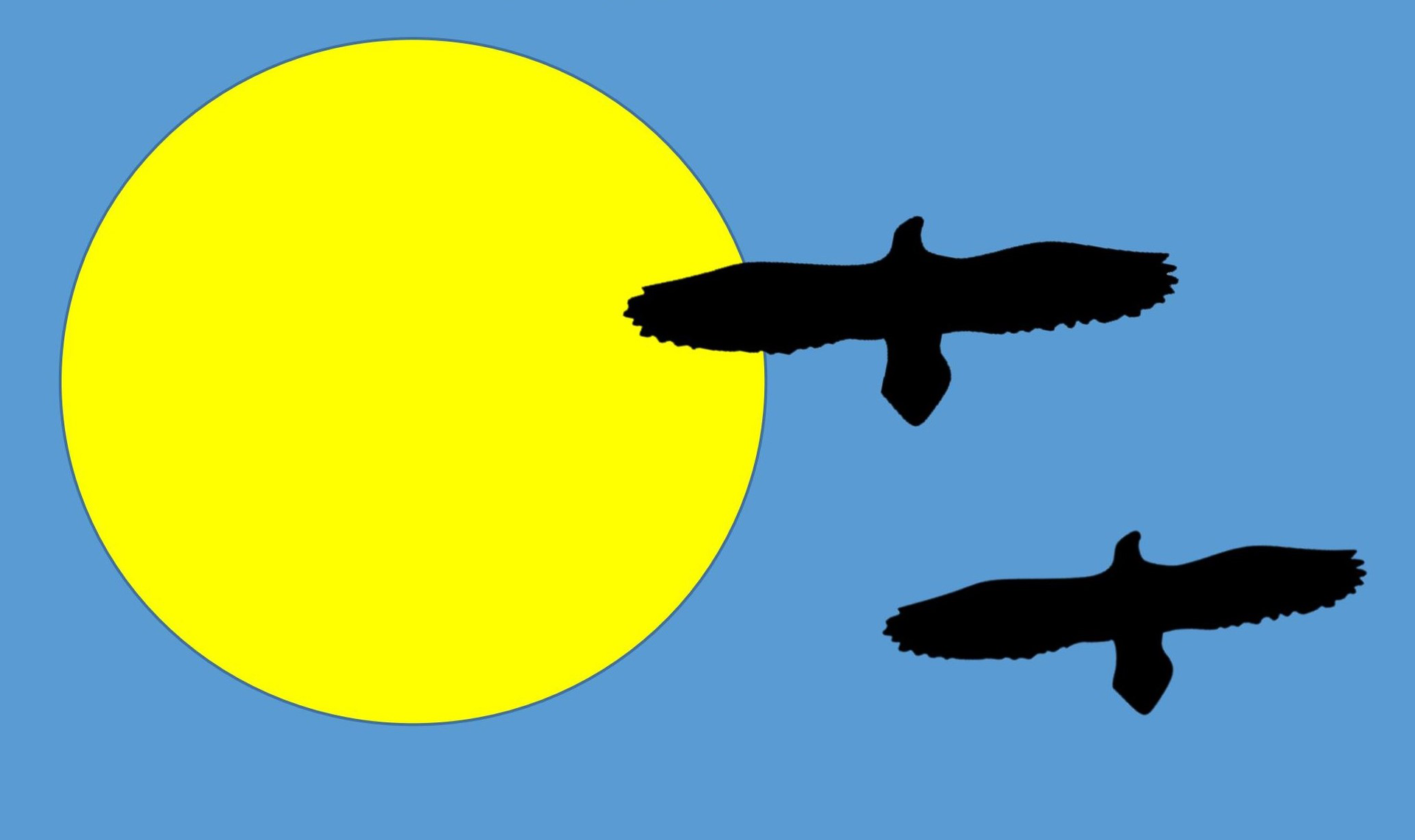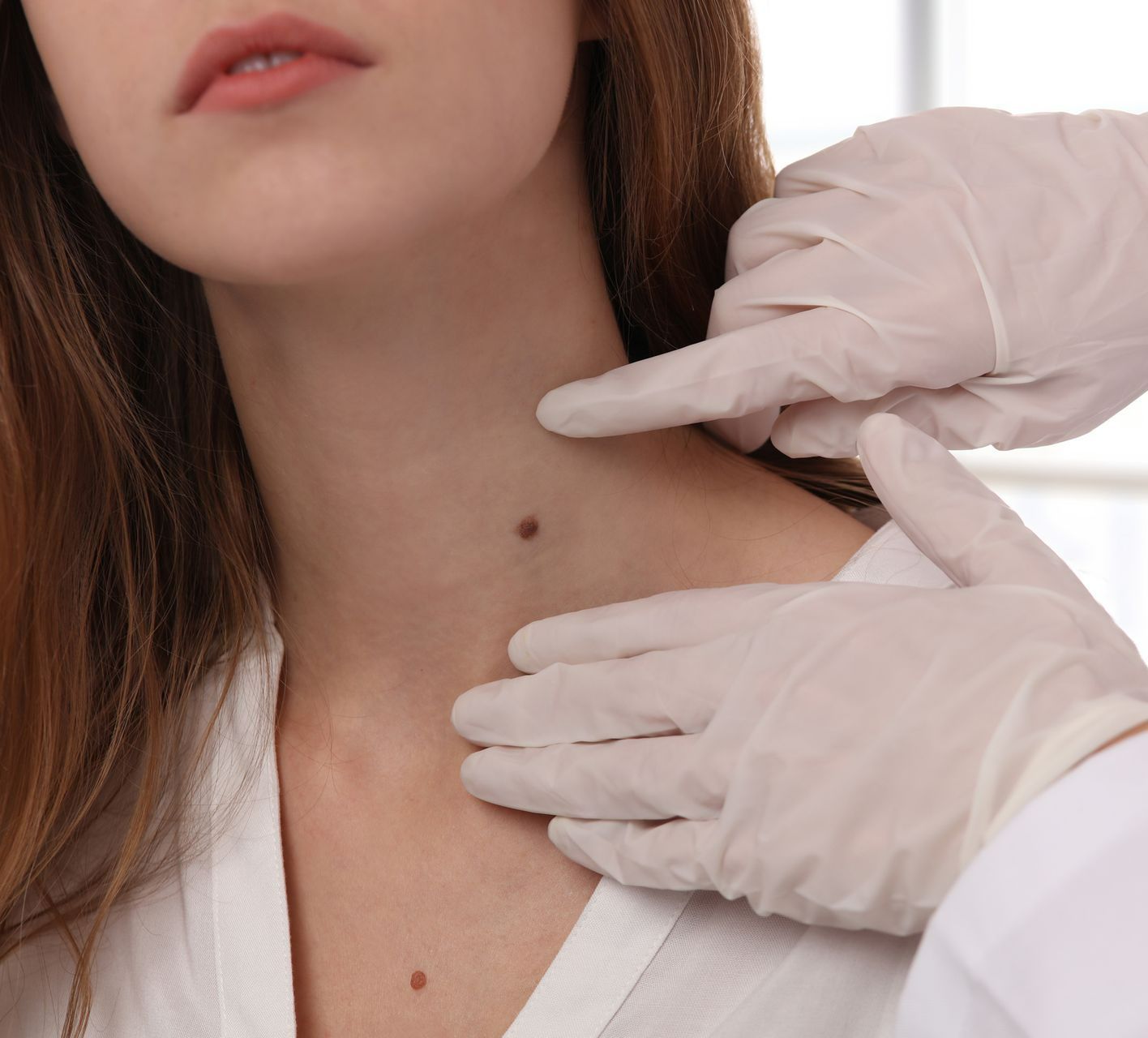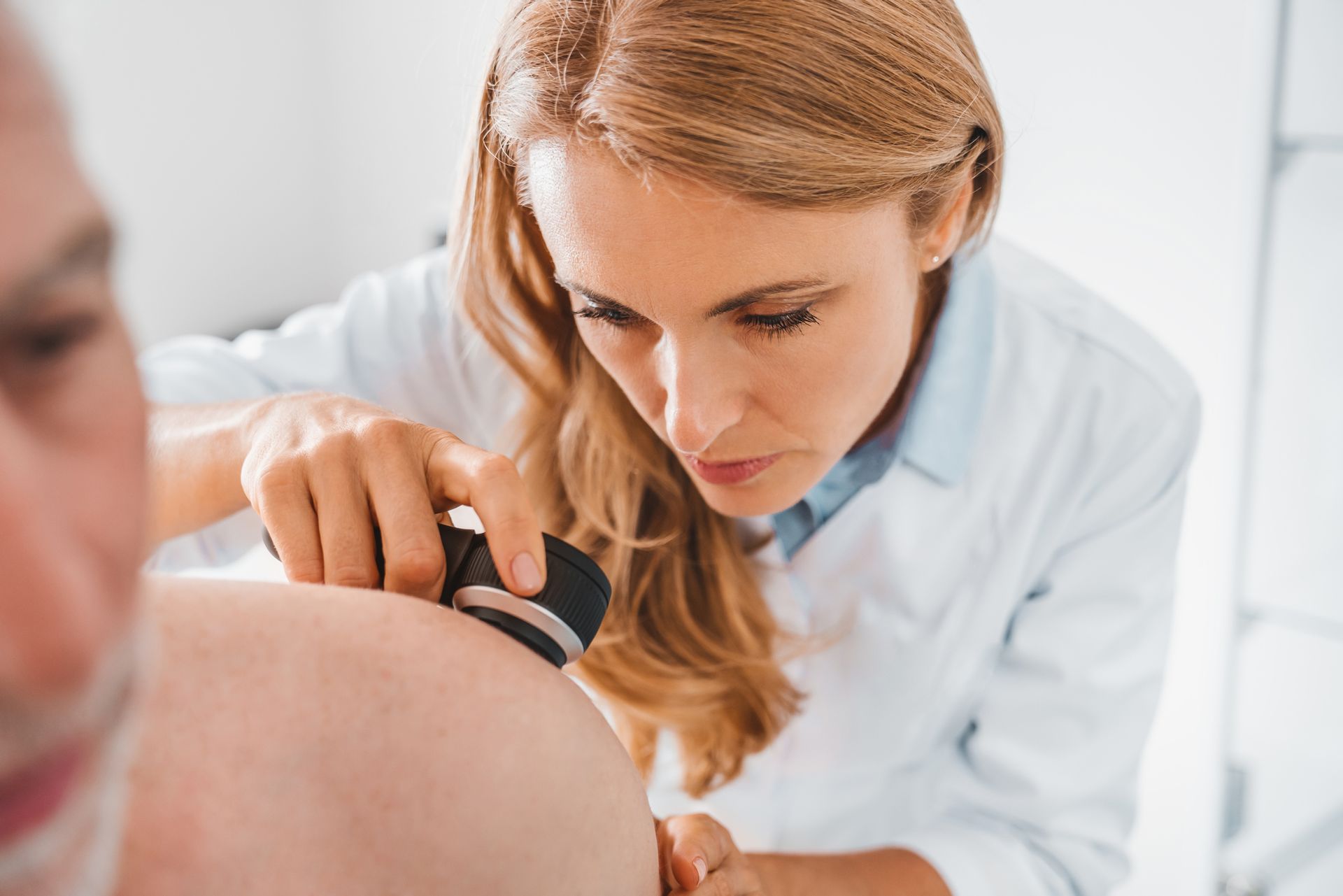Comprehensive Skin Cancer Checks and Treatment
Icarus Skin Cancer Clinic provides expert skin cancer checks, diagnosis, and treatment for patients in Koo Wee Rup and Wonthaggi, the Shire of Cardinia, Casey, Bass Coast, and surrounding areas. Skilled, experienced doctors use advanced dermoscopy and skin imaging technology to detect and manage skin cancers early, ensuring the best possible outcomes. With a caring team and state-of-the-art facilities, we are dedicated to your skin health.
Comprehensive Skin Cancer Checks for Early Detection
Regular skin checks are essential for detecting skin cancer early when treatment is most effective. At Icarus Skin Cancer Clinic, we use dermoscopy and high-resolution skin imaging to assess moles and lesions with precision. Our thorough full-body skin checks help identify potential concerns before they develop into serious conditions.
Advanced Skin Cancer Services
If a suspicious lesion is detected, our clinic offers a range of skin cancer treatment options. Depending on the diagnosis, biopsies, excisions, cryotherapy, and photodynamic therapy are all options that can be considered. Skilled doctors practicing at Icarus Skin Cancer Clinic use the latest techniques to ensure safe, effective, and minimally invasive treatment with the best possible cosmetic results.
Why Choose Icarus SCC for Your Skin Cancer Checks and Treatments?
Friendly, compassionate staff who prioritise patient care
Highly trained and experienced doctors specialising in skin cancer medicine
Expertise in identifying and treating skin cancer with precision
New, fully equipped facilities with cutting-edge diagnostic technology
The Story of Icarus
In Greek mythology, Daedalus was a master craftsman commissioned by King Minos of Crete to build a great labyrinth to imprison the monstrous minotaur. Daedalus and his son Icarus were then themselves imprisoned by the king.
Wishing to escape, Daedalus fashioned wings of feathers and wax to fly away from the island. Icarus was warned by his father not to fly too high to prevent the heat of the sun from melting his wings. Out of hubris, Icarus ignored this advice; his wings melted, and he fell to his death into the sea. The Fall of Icarus has been a popular cautionary tale in European culture ever since as a warning against unbridled ambition and pride. In our clinic we use the name to encourage Australians not to overlook the dangers of the sun. In our logo, Daedalus and Icarus are represented by wedge-tailed eagles, which are often seen in the skies above Koo Wee Rup.
Protect your skin with expert skin cancer checks and treatment in Koo Wee Rup. Call Koo Wee Rup on
1800 ICARUS,
Wonthaggi on
03 5671 6439 or book online to schedule your appointment today.




